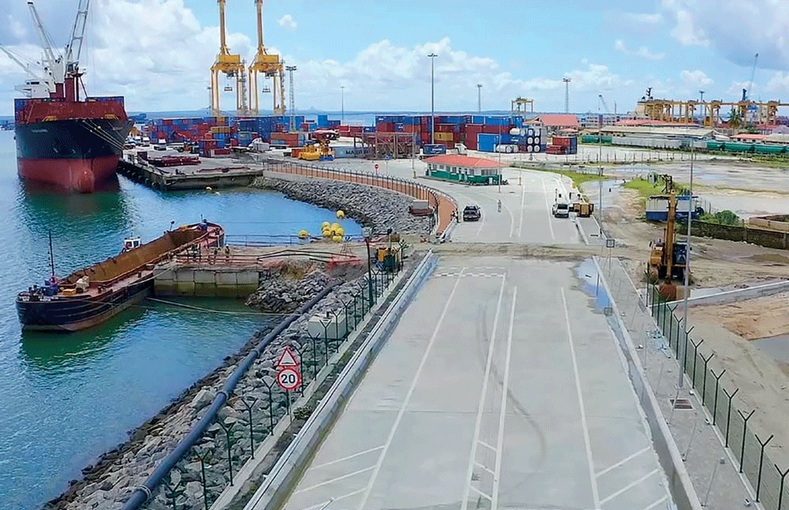Mozambique: Minister Muchanga in Geneva attending World Summit on the Information Society, AI for ...
Mozambique: Government publishes Maputo port concession contract, more to come

File photo: Domingo
The Government of Mozambique, through the Ministry of Transport and Logistics, recently announced the publication of the concession contract for the Port of Maputo, including the respective addenda. The measure is part of a broader effort to strengthen transparency and good governance in the public sector.
The Ministry of Transport and Logistics is in negotiations with several concessionaire entities to define the specific terms for the publication of their contracts in a phased manner on the ministry’s portal and on the websites of the competent sectoral regulatory entities.
According to the document received by our editorial office, the initiative marks an important step in the implementation of the good governance agenda, reinforcing the principles of accountability and combating corruption.
The publication of concession contracts will also allow citizens to have direct access to the conditions agreed between the state and the concessionaires, contributing to strengthening public trust and monitoring projects of national interest.
The document states that some clauses were omitted because they contained commercial and strategic data whose disclosure could harm the negotiating position of the state or the concessionaire, unduly favour competitors or compromise the proper execution of the contract.
The confidentiality of these clauses also follows clear and objective criteria, in accordance with international best practices and taking into account the public interest.
Although current legislation (Law No. 15/2011, of 10 August, and Decree No. 16/2012, of 4 July) already requires the publication of the main terms of contracts in the Official Gazette, the Government has decided to go further and make the full texts of the agreements available. The only exceptions are confidential clauses that, for legal and strategic reasons, cannot be disclosed.
According to the official statement, these clauses contain sensitive commercial and strategic information, the disclosure of which could harm the state’s position in future negotiations or compromise the execution of contracts. The omission of these parts follows strict criteria, in line with international best practices.












Leave a Reply
Be the First to Comment!
You must be logged in to post a comment.
You must be logged in to post a comment.